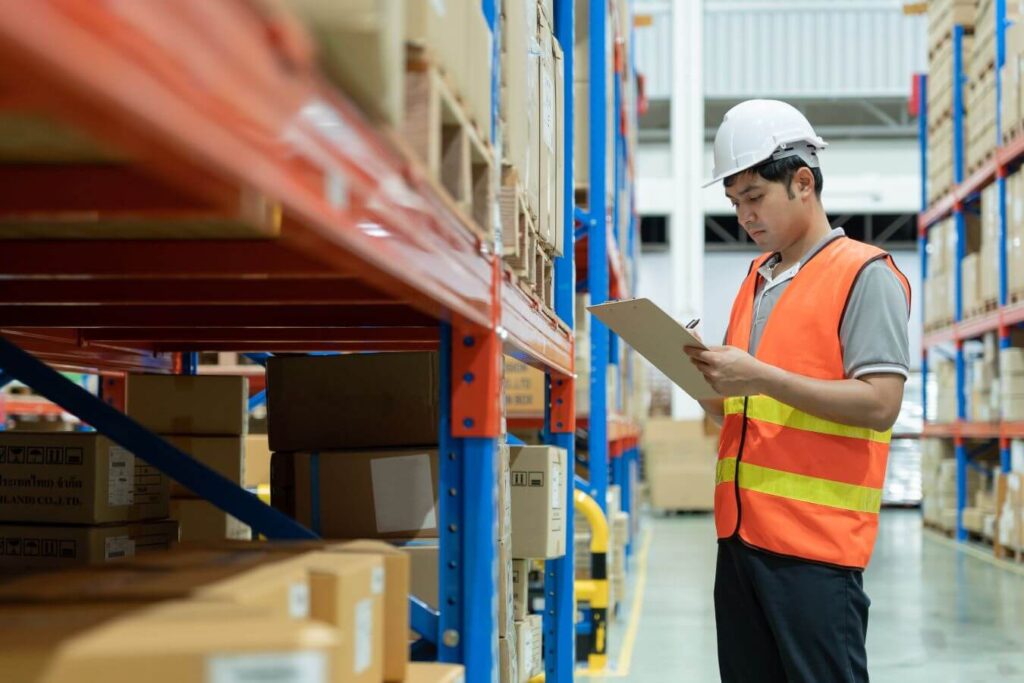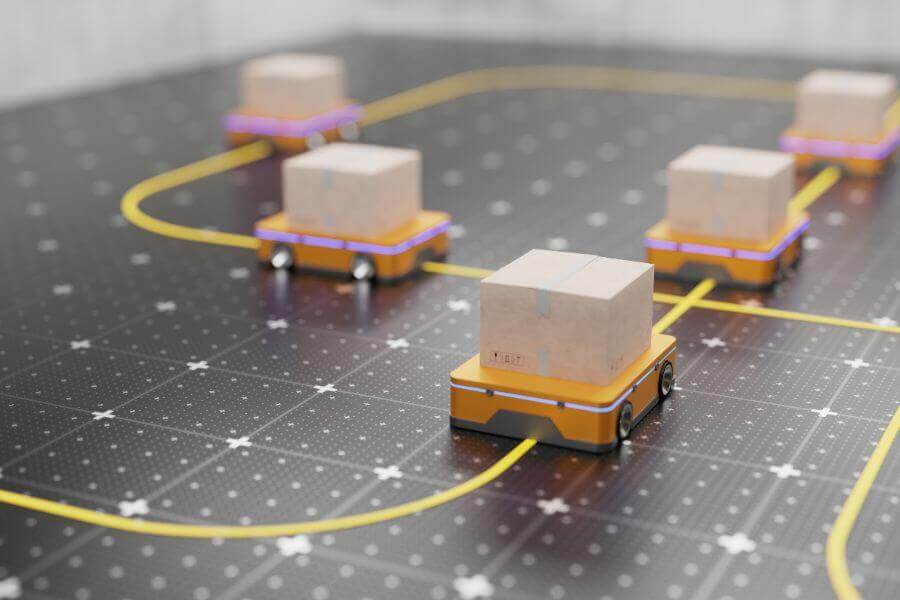Third-party logistics, or 3PL, has become a key player in today’s fast-paced business world. From small ecommerce businesses to massive global corporations, companies rely on 3PLs for more efficient and cost-effective logistics solutions. But there’s more to 3PLs than just warehousing and transportation. Let’s take a look at the top 10 interesting facts about 3PLs that show why they are so important.
1. The 3PL market is huge and growing fast
The global 3PL market is massive, worth over $1 trillion in 2020, and it’s only getting bigger. Experts predict it will reach $1.75 trillion by 2026. This growth is fueled by the rise of ecommerce, globalization, and the increasing complexity of supply chains. More businesses are turning to 3PLs to cut logistics costs and improve efficiency, which is why this market continues to expand. 3PL services are crucial in industries like retail, healthcare, and manufacturing, where managing large, complicated supply chains is essential for success.
2. 3PLs offer more than just shipping and warehousing
While many people associate 3PLs with basic services like warehousing and transportation, they actually do much more. Modern 3PLs offer comprehensive services like inventory management, order fulfillment, packaging, labeling, and even managing product returns (reverse logistics). Some 3PLs even handle customer service and order tracking, giving companies a full-service logistics solution. These additional services help companies focus on other areas of their business, knowing their logistics are handled.
3. Ecommerce has fueled 3PL growth
The explosion of ecommerce has significantly boosted the 3PL industry. As online shopping grows, businesses need reliable, fast shipping and efficient fulfillment processes. This is where 3PLs shine, especially for small and medium-sized businesses that don’t have the resources to handle logistics on their own. Companies like Amazon and Shopify rely heavily on 3PL providers to manage everything from storing products in fulfillment centers to delivering orders to customers quickly. As online shopping continues to grow, so will the demand for 3PL services.
4. Technology is changing the way 3PLs work
3PLs are adopting cutting-edge technology to improve their services and make logistics faster, more accurate, and cost-effective. They use tools like artificial intelligence (AI), machine learning, and automation to forecast demand, manage inventory, and plan shipping routes more efficiently. For example, AI helps 3PLs predict when products will be needed in certain locations, and automation speeds up tasks like picking and packing items in warehouses. The Internet of Things (IoT) is also playing a big role, with sensors used to track shipments in real time and monitor the condition of goods during transit.
5. 3PLs are key to managing global supply chains
In today’s globalized world, supply chains span multiple countries and continents, making them more complex than ever. 3PLs help businesses manage this complexity by handling international shipping, customs, and trade compliance. This expertise allows companies to navigate different regulations, taxes, and duties in various countries without delays. Because 3PLs have networks and partners across the world, they can ensure goods move smoothly through the supply chain, making it easier for businesses to expand globally without logistics headaches.
6. 3PLs help companies scale quickly
One of the biggest advantages of working with a 3PL is the ability to scale logistics operations quickly and efficiently. Whether a company is growing rapidly or experiencing seasonal spikes in demand, a 3PL can provide the extra capacity needed to store, package, and ship products. For example, during busy holiday seasons, a retailer might need more warehouse space and faster shipping to meet customer demand. A 3PL can ramp up operations quickly to meet these needs, and when demand goes down, they can scale back, saving the retailer money or unused capacity.
7. Sustainability is a growing focus for 3PLs
As consumers and businesses become more environmentally conscious, many 3PLs are taking steps to make logistics greener. They are adopting eco-friendly practices like optimizing shipping routes to reduce fuel use, using electric vehicles, and implementing energy-efficient practices in warehouses. Some 3PLs even offer sustainable packaging options, helping businesses reduce waste and their carbon footprint. By improving the efficiency of logistics and reducing emissions, 3PLs are helping companies meet their sustainability goals.
8. There are different types of 3PLs
Not all 3PLs are the same, and they often specialize in different areas. Some 3PLs focus on transportation, while others specialize in warehousing or order fulfillment. Some even provide niche services like cold chain logistics, which is needed for transporting perishable goods like food and pharmaceuticals. Choosing the right 3PL for your business depends on your specific needs. For example, a company that ships fresh produce will need a 3PL with expertise in temperature-controlled logistics, while an online retailer might look for a 3PL with fast, accurate fulfillment capabilities.
9. Outsourcing to a 3PL lets businesses focus on what they do best
Many businesses turn to 3PLs because managing logistics can be time-consuming and complex. By outsourcing logistics to a 3PL, companies free up time and resources to focus on their core strengths, such as developing new products or marketing. For instance, a small ecommerce company can rely on a 3PL to handle everything from storing products to shipping orders, allowing the company to focus on growing its business and improving customer experience.
10. 3PL relationships are evolving into long-term partnerships
In the past, 3PLs were often seen as simple service providers. Today, businesses are building closer, long-term relationships with their 3PL partners. Companies are increasingly working together with 3PLs to improve supply chain performance and create more efficient logistics solutions. These partnerships go beyond just handling shipping and warehousing. Many businesses now share data with their 3PLs to improve operations and reduce costs. This shift from a transactional relationship to a strategic partnership allows companies and 3PLs to collaborate on new technologies, streamline operations, and adapt quickly to changes in the market.
Conclusion
3PLs are a vital part of today’s supply chain landscape, providing businesses with flexible, scalable, and efficient logistics solutions. As the world becomes more interconnected and ecommerce continues to grow, 3PLs will play an even larger role in helping companies meet their logistics challenges. From adopting the latest technology to focusing on sustainability, 3PLs are continuously evolving to meet the needs of modern businesses. Whether you’re a small business looking to scale or a large corporation managing global operations, partnering with the right 3PL can help you optimize your supply chain, reduce costs, and improve customer satisfaction.










